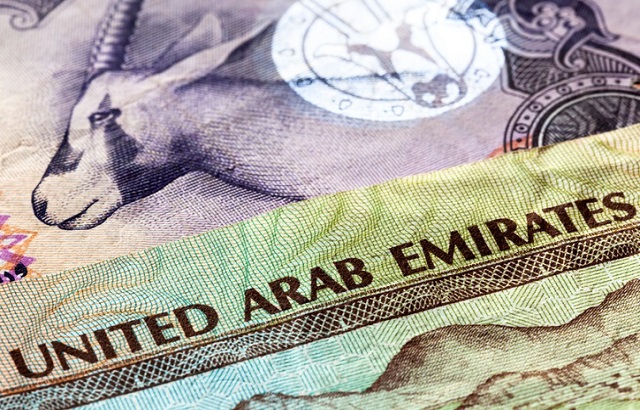The UAE Ministry of Finance will introduce a federal corporate tax on business profits, effective from 1 June 2023.
Businesses will become subject to UAE corporate tax from the beginning of their first financial year that starts on or after 1 June 2023.
The UAE corporate tax regime has been designed to “incorporate best practices globally and minimise the compliance burden on businesses”, the Ministry of Finance said in a statement.
The tax will be payable on the profits of UAE firms as reported in company financial statements prepared in accordance with internationally acceptable accounting standards, with minimal exceptions and adjustments.
It will apply to all businesses and commercial activities, except for the extraction of natural resources which will remain subject to Emirate-level corporate taxation.
There will be a standard statutory tax rate of 9% and a 0% tax rate for taxable profits up to AED375,000 (£76,000, $102,000, €91,000) to support small businesses and start-ups.
No corporate tax will apply on personal income from employment, real estate and other investments, or on any other income earned by individuals that does not arise from a business or other form of commercial activity licensed or otherwise permitted to be undertaken in the UAE.
Address challenges
Younis Haji Al Khoori, undersecretary of the Ministry of Finance, said: “As a leading jurisdiction for innovation and investment, the UAE plays a pivotal role in helping businesses grow, locally and globally.
“The certainty of a competitive and best in class corporate tax regime, together with the UAE’s extensive double tax treaty network, will cement the UAE’s position as a world-leading hub for business and investment.”
“With the introduction of corporate tax, the UAE reaffirms its commitment to meeting international standards for tax transparency and preventing harmful tax practices.
“The regime will pave the way for the UAE to address the challenges arising from the digitalisation of the global economy and the other remaining BEPS [Base Erosion and Profit Shifting] concerns, and execute its support for the introduction of a global minimum tax rate by applying a different corporate tax rate to large multinationals that meet specific criteria set with reference to the above initiative.”
Details
The UAE corporate tax regime will continue to honour the corporate tax incentives currently being offered to free zone businesses that comply with all regulatory requirements and that do not conduct business with mainland UAE.
The country will also “not impose withholding taxes on domestic and cross-border payments, or subject foreign investors who do not carry-on business in the UAE to corporate tax”, the Ministry of Finance added.
Businesses that have an international headquarters in the UAE “will be exempt from paying tax on capital gains and dividends received from its qualifying shareholdings, and foreign taxes will be allowed to be credited against UAE corporate tax payable”.
Al Khoori added: “The introduction of a corporate tax regime will help the UAE achieve its strategic ambitions and incentivise businesses to establish and expand their activities in the UAE.”
UAE businesses will be “given ample time to prepare for the introduction of corporate tax in the UAE” and the Ministry of Finance “plans to issue further information on the UAE corporate tax regime toward the middle of the year to help businesses get ready and be fully compliant”.
Reaction
Sam Instone, director at AES International, told International Adviser: “It’s great to see the UAE develop its tax framework as the country moves from strength to strength. Corporation tax will no doubt enable continuing development of what has been a remarkable story over the last fifty years since the country was formed.
“The standard rate of 9% with an exemption for small businesses is highly competitive and shouldn’t pose any issue to businesses looking to benefit from life and opportunities within the Emirates.”
Alison Whatnall, chief operating officer at GSB Capital, told IA: “In recent years, the UAE has taken substantial steps to improve tax transparency and facilitate the exchange of information for tax purposes by bringing its domestic tax rules in line with international standards.
“Many changes in the UAE were driven by the country’s cooperation with the Paris-based Organisation for Economic Cooperation and Development’s base erosion profit shifting project which sought to challenge international tax avoidance and tackle gaps in existing tax rules that allow the profits of multinational companies to be creatively accounted away from high tax jurisdictions to low or no tax environments with little economic activity.
“So, whilst this announcement was expected as we see the UAE move more in line with other competitive economies, as obscure as it may sound, it is a positive move not only for the local economy but also impacted companies and should not be met with distain.”
David McGuane, chief financial officer at Finsbury Associates, added: “It was the logical next step for the UAE to impose corporate tax in order to further diversify their sources of income. The level of 9% is competitive compared to global corporate tax rates and brings the UAE line with some other GCC countries who have already implemented corporate tax regimes.”








